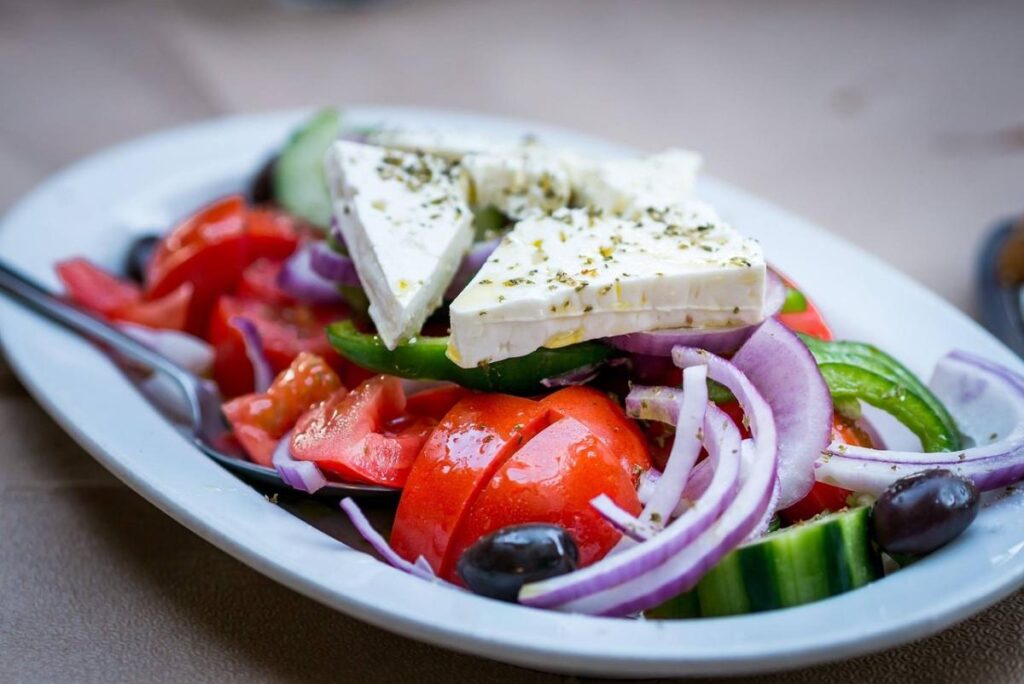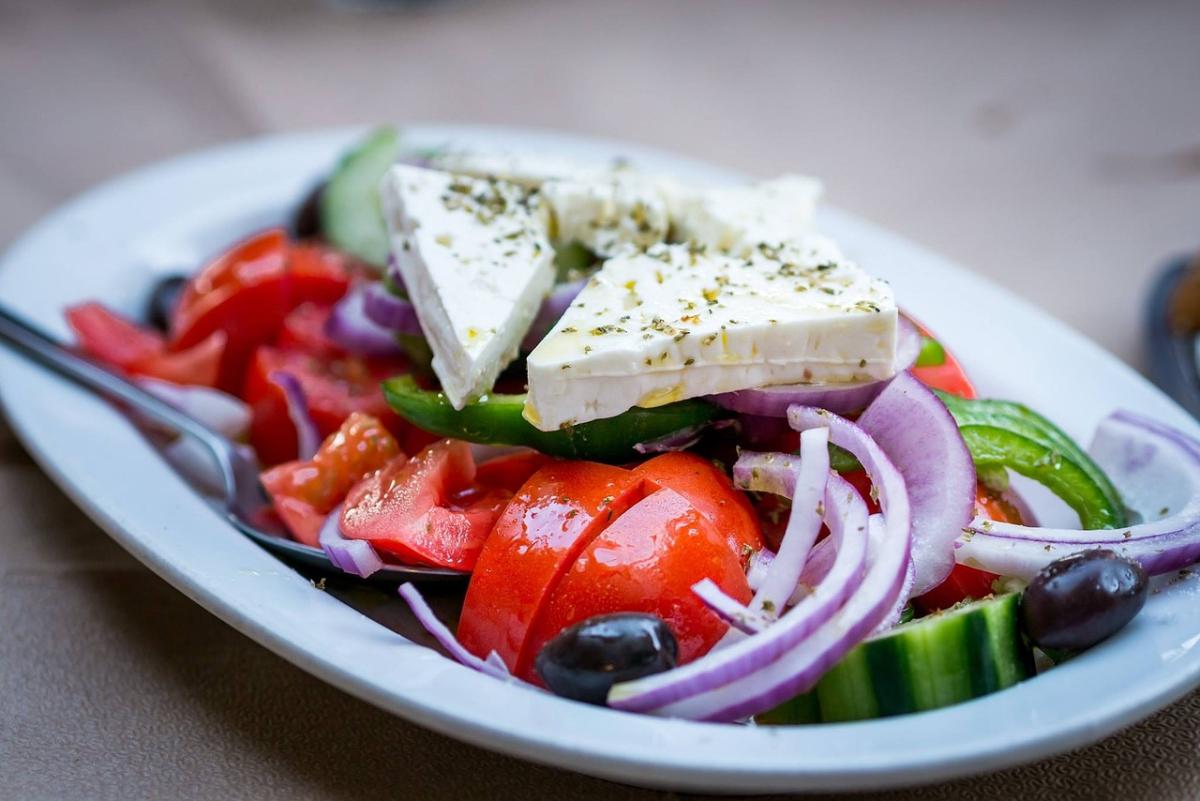Feta cheese is a beloved Greek delicacy that has gained popularity worldwide for its unique taste and versatility.
Made from sheep’s milk or a combination of sheep’s and goat’s milk, feta cheese has a rich history dating back thousands of years.
In this article, we will explore the origins of feta cheese, its production process, its health benefits, and its culinary uses.
The Origins of Feta Cheese
Feta cheese has deep roots in Greek culture and has been a staple in Greek cuisine for centuries. The name “feta” comes from the Greek word “fetta,” which means “slice.”
The cheese has been produced in Greece since ancient times and was an important part of the diet of ancient Greeks.
The production of feta cheese was initially limited to specific regions in Greece, such as Macedonia and Thrace.
However, with the establishment of the European Union’s Protected Designation of Origin (PDO) status in 2002, feta cheese can only be produced in Greece using traditional methods and specific ingredients.
The Production Process
The production of feta cheese involves a meticulous process that requires skill and expertise.
The traditional method of making feta cheese begins with the collection of sheep’s milk or a combination of sheep’s and goat’s milk. The milk is then heated and mixed with rennet, a natural enzyme that helps coagulate the milk.
Once the milk has coagulated, it is cut into small curds and left to rest for several hours. The curds are then drained and placed in molds, where they are pressed to remove excess whey.
After the pressing process, the cheese is salted and left to age in brine for a minimum of two months.
The aging process is crucial for the development of feta cheese’s distinct flavor and texture. During this time, the cheese undergoes a transformation, becoming crumbly and tangy. The longer the cheese ages, the stronger its flavor becomes.
The Health Benefits of Feta Cheese
Feta cheese not only delights the taste buds but also offers several health benefits.
Here are some of the key advantages of including feta cheese in your diet:
- Rich in nutrients: Feta cheese is a good source of calcium, protein, and vitamins A and B.
- Low in calories: Feta cheese is relatively low in calories compared to other types of cheese, making it a suitable option for those watching their calorie intake.
- High in probiotics: Feta cheese contains beneficial bacteria that can promote a healthy gut and improve digestion.
- Rich in antioxidants: Feta cheese is a good source of antioxidants, which can help protect the body against oxidative stress and reduce the risk of chronic diseases.
It is important to note that feta cheese is high in sodium, so individuals with high blood pressure or other health conditions should consume it in moderation.
Culinary Uses of Feta Cheese
Feta cheese’s unique flavor and crumbly texture make it a versatile ingredient in various dishes.
Here are some popular culinary uses of feta cheese:
- Greek salads: Feta cheese is a key ingredient in the classic Greek salad, adding a tangy and salty flavor to the fresh vegetables.
- Pastries and pies: Feta cheese is often used as a filling in traditional Greek pastries and pies, such as spanakopita (spinach pie) and tiropita (cheese pie).
- Grilled vegetables: Feta cheese can be crumbled over grilled vegetables, adding a creamy and savory element to the dish.
- Pasta dishes: Feta cheese can be used as a topping for pasta dishes, providing a burst of flavor and creaminess.
These are just a few examples of how feta cheese can elevate the taste of various dishes. Its versatility makes it a favorite among chefs and home cooks alike.
Summary: The Greek Culinary Treasure
Feta cheese is a Greek culinary treasure that has captivated taste buds around the world.
Get the news first!
Its rich history, meticulous production process, health benefits, and culinary uses make it a beloved ingredient in Greek cuisine and beyond.
Whether crumbled over a fresh salad or used as a filling in a savory pastry, feta cheese adds a unique and delightful flavor to any dish.
So, the next time you’re looking to add a touch of Mediterranean flair to your cooking, reach for the Greek culinary treasure – feta cheese.

Make Cheese!
